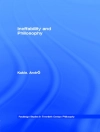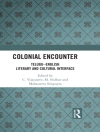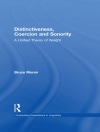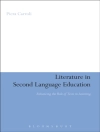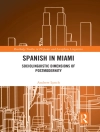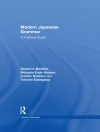Advocating an argument-based approach, Blended Language Program Evaluation presents a framework for planning, conducting, and appraising evaluation of blended language learning across three institutional levels, and demonstrates its utility and application in four case studies carried out in diverse international contexts.
قائمة المحتويات
1. Situating blended language program evaluation
2. Essentials of blended language program evaluation: Towards an argument-based approach
3. Micro-level evaluation
4. Meso-level evaluation
5. Macro-level evaluation
6. A micro-level case study in Chile
7. A meso-level case study in the USA
8. A meso-level case study in Vietnam
9. A macro-level case study in Australia
10. Reflecting on blended language program evaluation
عن المؤلف
Paul Gruba is Senior Lecturer in applied linguistics at the University of Melbourne, Australia. His research interests include technology and language learning, second language listening, and multimodal discourse analysis. He is a co-author (with Don Hinkelman) of Blending technologies in second language classrooms (Palgrave Macmillan, 2012).
Monica S. Cárdenas-Claros is Adjunct Professor at the Instituto de Literatura y Ciencias del Lenguaje, Pontificia Universidad Católica de Valparaíso, Chile. Her research interests include technology integration in second and foreign language classrooms, blended learning, and computer-based L2 listening.
Ruslan Suvorov is Language Technology Specialist at the Center for Language & Technology, University of Hawaii at M?noa, USA. His research interests lie in the areas of instructional technology and design, computer-assisted language learning and testing, blended and online language education, second language listening, and eye tracking.
Katherine Rick is Vice Dean at the Lincoln Qatief Female College, Saudi Arabia. Her research interests include program evaluation, educational leadership, educational technology, and blended learning.


